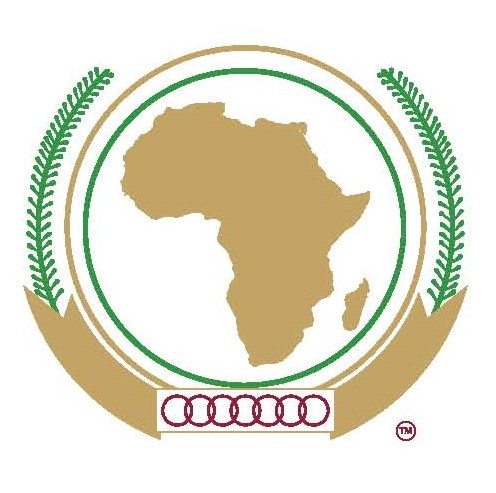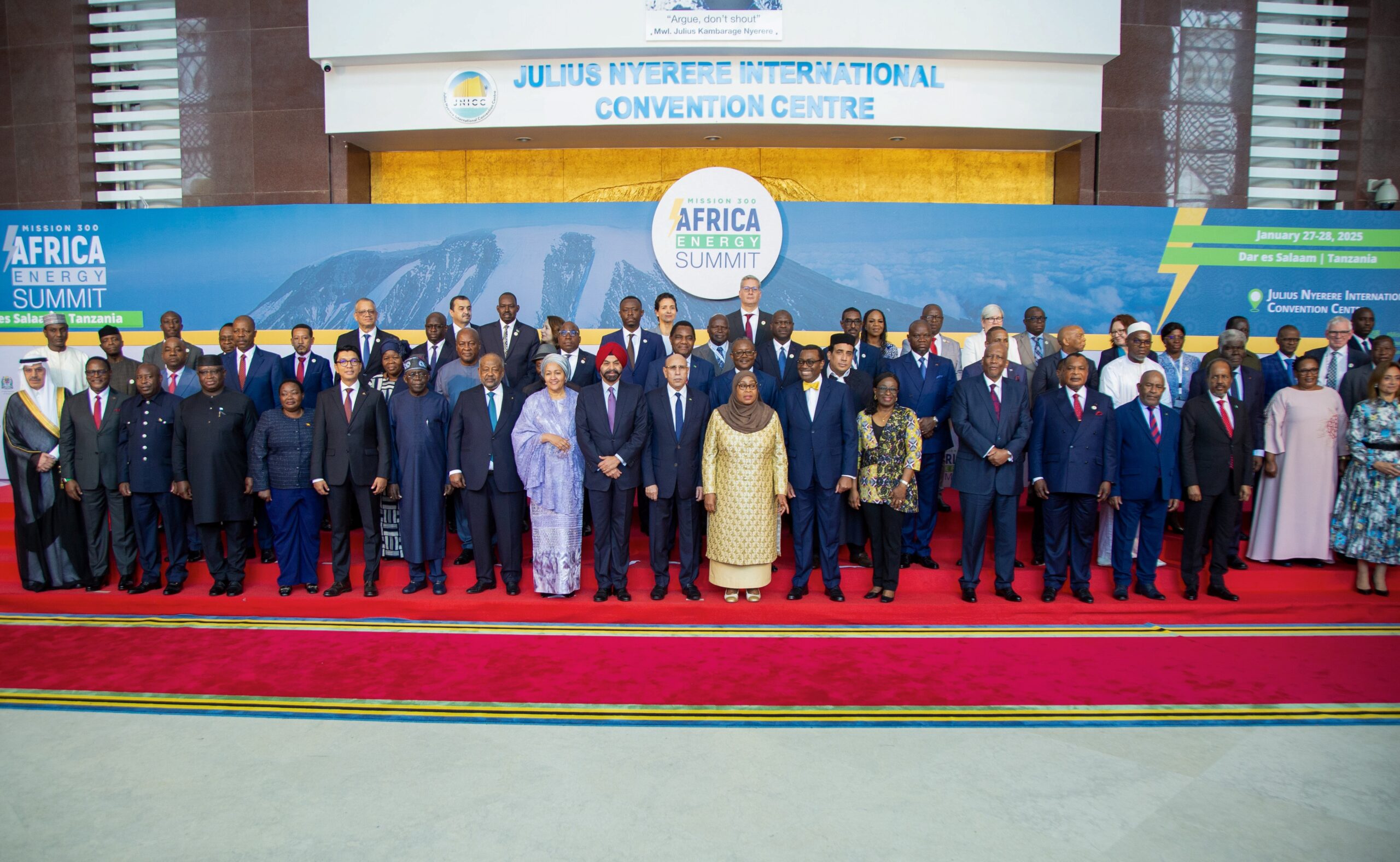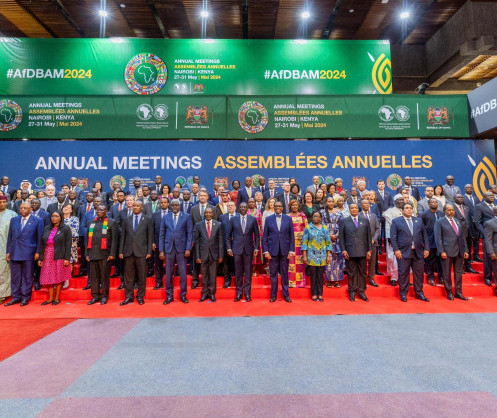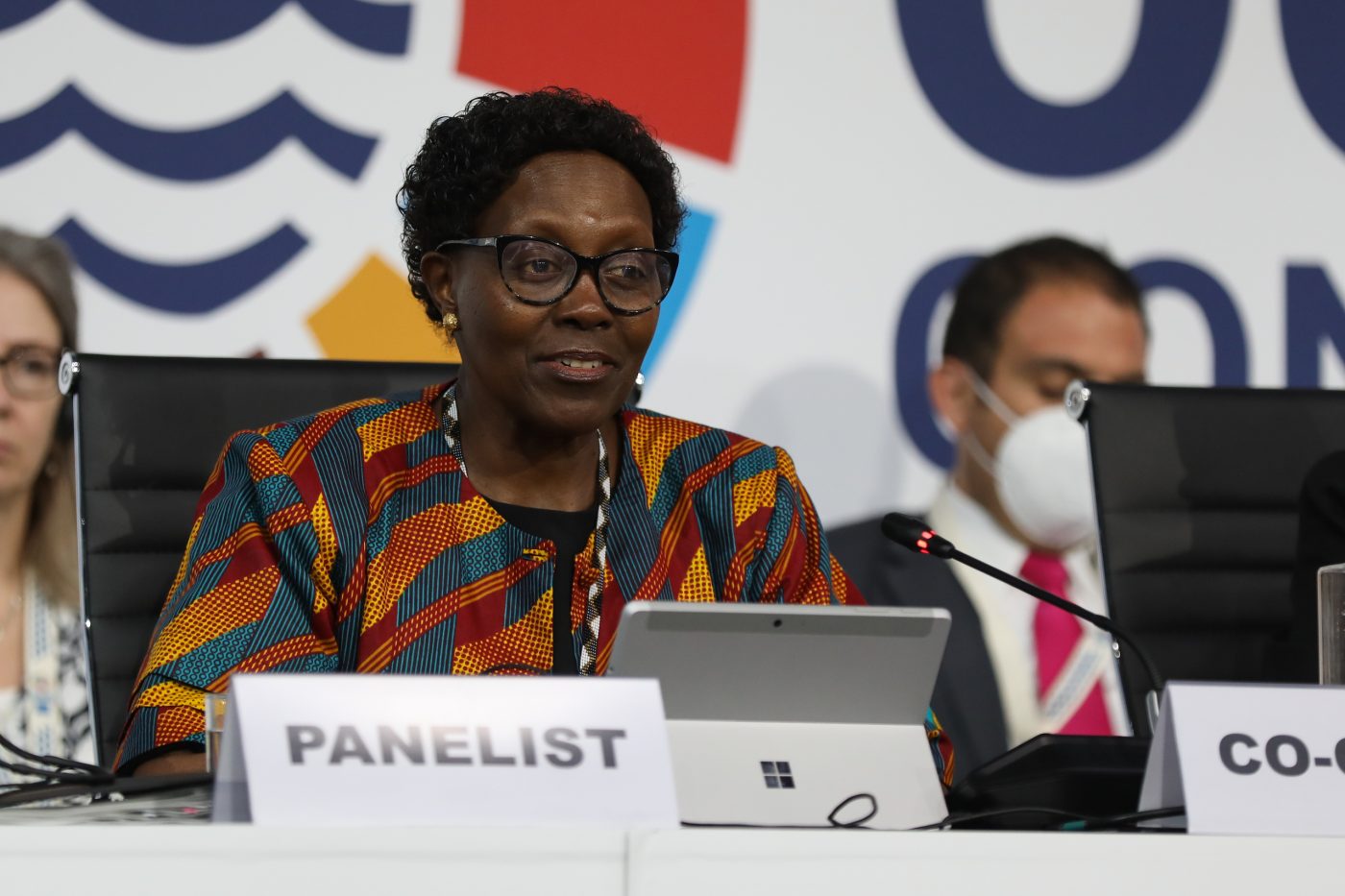The African Union Commission hosted the 13th Conference of Parties (COP) of Africa Risk Capacity (ARC) in Addis Ababa from 3 – 4 April 2023. The conference underscored the need for urgency in addressing rising disaster risk on the continent and encouraged African Union (AU) member states who have not ratified the African Risk Capacity Treaty to do so in order to strengthen disaster risk management financing across the Continent.
Dr. Ibrahima Cheikh Diong, United Nations Assistant Secretary General and the Director General of the ARC Group, noted that by April 2023, only 11 countries had ratified the instrument, and 35 had signed it. Diong stated that “It’s time for AU Member states to take ownership of disaster risk management financing and also reduce extreme reliance on donor funding.”
H.E. Amb. Josefa Sacko, African Union Commissioner for Agriculture, Rural Development, Blue Economy and Sustainable Development (DARBE), in remarks made on her behalf by Mr. Gatkuoth Kai Technical Coordinator for Disaster Risk Reduction at the Directorate of Sustainable Environment and Blue Economy, encouraged non-signatory Member States to sign and ratify the ARC Treaty as soon as possible.
The ARC Group has worked in disaster risk management financing for ten years, and the institution has recently developed flood products and rolled out tropical cyclone and drought financing instruments. The Republics of Malawi, Madagascar, and Mauritania shared their best practices in utilizing ARC’s products. Malawi has developed a Disaster Risk Management Financing strategy, establishing itself as one of the first African countries to do so. As an ARC signatory, it has benefited from ARC software in enhancing preparedness and effectively reaching vulnerable populations.
In its intervention, the Islamic Republic of Mauritania said it participated in the inaugural ARC COP and was also the first Member state to ratify the Treaty. ARC worked with the country to develop its operational plan in 2013. This action has, in turn, triggered strengthened disaster risk governance. In 2014, the government developed its national response plan. Since then, Mauritania has received three disbursements in 2014, 2017, and 2023, respectively.
The Republic of Madagascar has subscribed to ARC’s drought and tropical cyclone products. ARC has been an important partner, with collaboration tracing back to 2015. This collaboration has executed awareness and lobbying, and in 2023, the government of Madagascar has committed to the payment of the premium related to the subscription to the tropical cyclone product. The Republic of Zimbabwe also shared best practices of gender mainstreaming through the ARC Gender Unit.
The European Union (EU) intervened in its continued support of ARC. Much of this funding will focus on disaster risk modeling through research, development, and capacity building to enhance beneficiary targeting in ARC Member states. The EU will support these interventions through the eleventh European Development Fund Intra-Africa, Caribbean, and Pacific (ACP) Natural Disaster Risk Reduction Programme. The EU also pointed out that ARC participates in the Africa Working Group on Disaster Risk Reduction (AWGDRR), which is supported through another EU-AU component. The EU also launched the Team Europe Initiative at COP 27 in 2022, focusing on improved risk data, strengthened disaster risk management and climate change policy governance, and disaster risk management financing.
The Foreign, Commonwealth and Development Office (FCDO) of the government of the United Kingdom is also working with the Federal Republic of Germany to support ARC in disaster risk financing. In enhancing this partnership, FCDO considered the financing necessary since the risk pools are treaty-based through ARC. This component has ensured that the processes are African-led, and additionally, member states are required to have contingency plans in place.






















